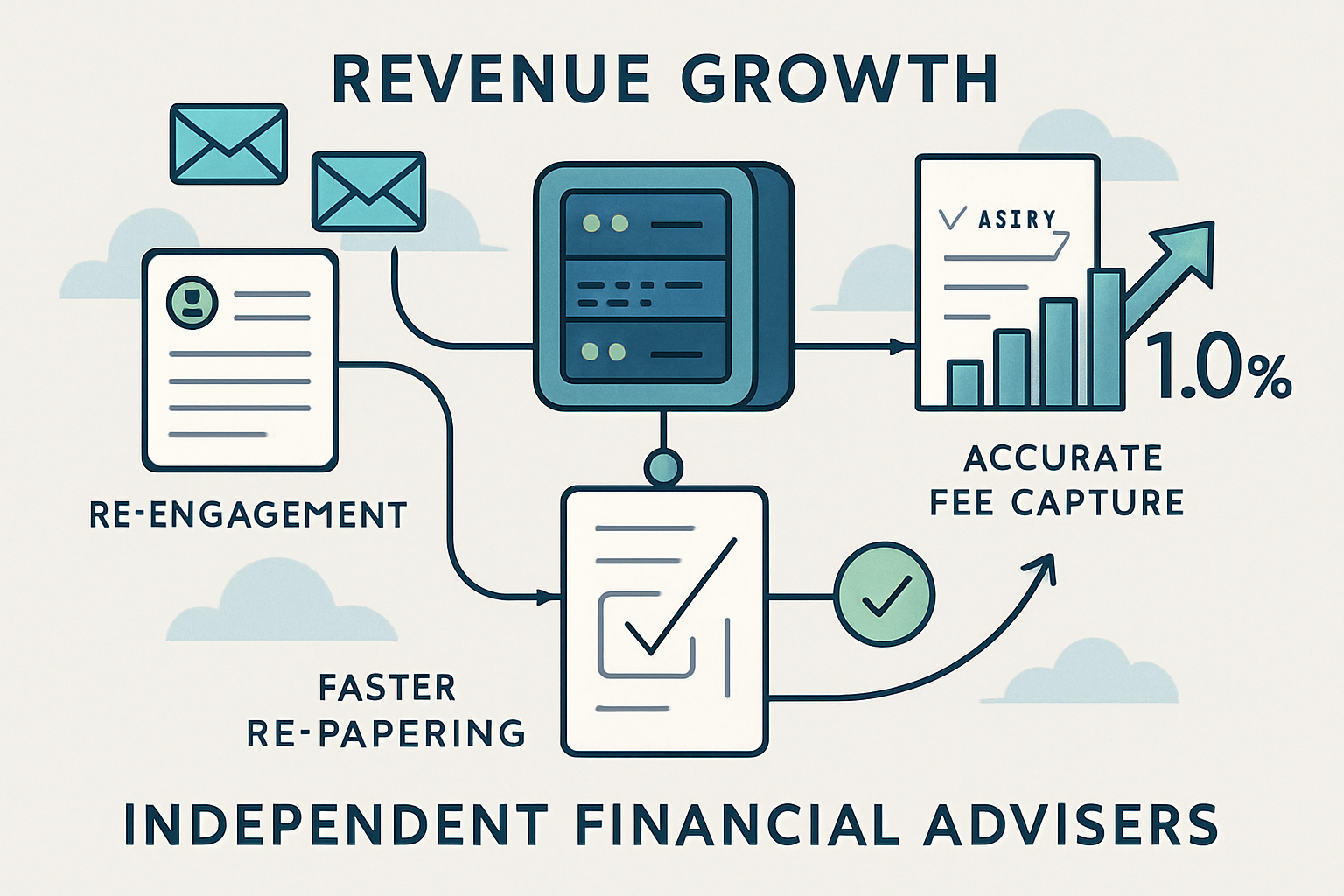What are SMART marketing goals and why should you be setting them?
Digital Marketing
Sales Capability

What do you measure your marketing success by?
It’s a simple question with an often complicated answer for firms…
Do you measure it by the amount of leads you generate? The amount of website traffic you generate every month? The amount of emails you send a week?
It’s probably a mixture of everything… right?
This reflects the common fact that meaningful goal setting can be difficult!
You don’t want to set a goal that is too easy to complete… at the same time, you don’t want to set a difficult goal that you might not be able to complete.
The reality is that most firms are measuring their marketing in a flawed way. Goals are often too broad, data is not quantifiable enough to accurately report on and, often, meeting a goal doesn’t equate to business success.
This not only puts the business at a disadvantage but makes the job of marketing that bit harder.
That’s where SMART goals come in.
SMART is an acronym, even though they should be smart as well. It’s about looking at your goals in a more in-depth and analytical way. Here’s the breakdown:
Specific
Most marketing goals are far too broad. They need to have an achievable number and deadline.
Measurable
Being able to actually measure your goals is crucial. You want to be able to see real data for defined KPIs so make sure you have the right systems in place to accurately measure them.
Agreed upon
The main stakeholders in your marketing need to be invested in the targets you set. Get buy-in from everyone, whether that’s the marketers, board, marketing agency or sales team. Any disagreements need to be aired and talked through before a goal is set in stone.
Realistic
It’s tempting to set difficult goals that will make you stand when completed. But, more often than not, marketers set unachievable goals. Make sure the goals you set are possible to accomplish.
Timely
Make sure you are working to a fixed deadline. It can be far too easy to keep pushing a goal back and in the end, never completing it. Each goal should need to be completed by a certain date.
So what does a SMART goal look like?
Before you start, make it clear exactly what you’re trying to achieve and what the end result should be. This acts as a start and reference point to come back to.
For example, if we were setting up a goal for Karman Digital, the summary might be:
Increase the amount of leads generated by 5% by the end of the year
Increase the specificity and measurement
It’s vital to set a specific value that you want to achieve. Now this can be a scary one for marketers as it means having a very real number to hit. But it gives more clarity and purpose to your marketing.
How you set these will be different depending on your goals but if your goal was lead generation-based then your goal might change from the above to...
To generate 25 new leads and increase conversion rates by 20% by the 1st December
Set a deadline date
You’ll see in the above that we have also set a more specific deadline to make the goal more timely. Setting a deadline is crucial for productivity. How many times have you set a marketing goal and either forgotten about it or not completed it fully?
Setting an end date gives you purpose and will help you decide the amount of time and resource you need to throw at it.
There you have it. That’s SMART goals in a nutshell.
Setting the right goals allows you to execute and report on your marketing strategy in a more meaningful and accurate way.
It will allow you to report better data and better figures to your board or company wide. Don’t forget to celebrate when you hit all of your goals!


